Extended Border Checks In The Netherlands: A Response To Shifting Migration Trends
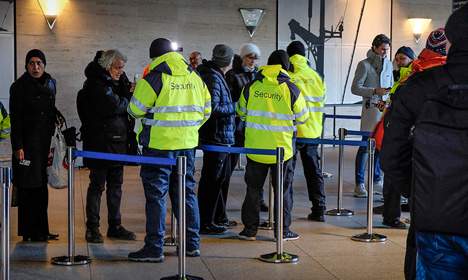
Table of Contents
Reasons for Extended Border Checks in the Netherlands
The decision to extend border checks in the Netherlands stems from a confluence of factors, reflecting a complex interplay of national and international pressures. The government's rationale rests upon several key pillars:
- Increased asylum applications and irregular migration: A noticeable rise in asylum seekers and individuals entering the country irregularly has placed considerable strain on the existing infrastructure and resources. This necessitates a more robust approach to border control.
- Security concerns related to terrorism and organized crime: Enhanced border security is considered vital in preventing the entry of individuals posing potential security threats, including those involved in terrorism or organized criminal activities. Strengthening border controls is viewed as a preventative measure.
- Strain on national resources and infrastructure: The increased influx of migrants has put pressure on resources such as housing, healthcare, and social services. Extended border checks are seen as a means to manage the flow and mitigate this strain.
- EU-wide pressure to strengthen external borders: The Netherlands, as a member of the European Union, faces pressure to contribute to the collective effort to strengthen the EU's external borders. This is part of a broader EU strategy to manage migration flows more effectively.
- Public opinion and political pressures: Public discourse and political debate surrounding immigration have played a role in the decision, with concerns about national security and the integration of migrants influencing policy decisions. The government is responding to both public sentiment and political mandates.
Impact of Extended Border Checks on Travelers
The extension of border checks has tangible consequences for individuals traveling to and from the Netherlands. These impacts are multifaceted:
- Increased waiting times at border crossings: Travelers should expect longer waiting times at airports, train stations, and other border crossing points. This increased wait time can impact travel plans and cause delays.
- More stringent documentation requirements: Border officials are implementing stricter checks, requiring more thorough documentation and verification processes. Travelers should ensure their documents are up-to-date and compliant with the latest regulations.
- Enhanced security screenings and checks: Travelers can anticipate more intensive security screenings, including additional questioning and baggage inspections. This added scrutiny is aimed at enhancing security and detecting potential threats.
- Potential delays for cross-border commuters and businesses: The extended checks have the potential to significantly disrupt daily commutes for individuals working across borders and impact the logistics and timing of cross-border businesses.
- Impacts on tourism and the economy: Increased delays and stricter controls could have an adverse effect on tourism, impacting the hospitality sector and broader economy. The potential economic effects are a subject of ongoing analysis.
Effectiveness of the Extended Border Checks
Assessing the effectiveness of the extended border checks requires a balanced evaluation, considering both the intended goals and the actual outcomes. Data is still being collected and analyzed, but some preliminary observations can be made:
- Statistics on successful interceptions of irregular migrants: The government regularly publishes data on the number of irregular migrants intercepted at the border. These statistics offer a measure of the policy's success in preventing illegal entry.
- Data on reduced crime rates (if applicable): While a direct causal link is difficult to establish, a reduction in crime rates could be cited as an indirect positive outcome of enhanced border security.
- Economic impact assessment, both positive and negative: The economic consequences are complex. While increased security can boost confidence, the potential negative impact on tourism and trade needs to be considered.
- Analysis of public opinion on the effectiveness of the checks: Public perception of the effectiveness of the checks is crucial. Surveys and polls can provide valuable insights into public satisfaction with the measures.
- Comparison to similar measures in other EU countries: Comparing the Dutch approach to border management with those of other EU nations can offer valuable lessons and inform future policy decisions.
Alternative Approaches to Border Management
While extended border checks are a current response, alternative and supplementary strategies should also be considered for effective and humane migration management:
- Strengthening cooperation with origin and transit countries: Collaborating with countries of origin and transit to address the root causes of migration and establish more efficient asylum processing can significantly improve the situation.
- Investing in improved technology for border control: Modernizing border control infrastructure through technology, such as biometric systems and advanced data analysis, can streamline processes and improve efficiency.
- Streamlining asylum processes: A more efficient and transparent asylum system can reduce processing times and alleviate strain on the system.
- Increased integration efforts for migrants: Investing in integration programs to aid migrants' successful integration into Dutch society can ease social pressures and foster a more harmonious environment.
- Focus on addressing the root causes of migration: Addressing issues such as poverty, conflict, and lack of opportunities in countries of origin is crucial for sustainable solutions to migration challenges.
Conclusion
The implementation of extended border checks in the Netherlands reflects a complex response to shifting migration trends. The reasons behind this decision are multifaceted, driven by security concerns, pressure on resources, and international pressures. While the checks aim to improve border security and manage migration flows, they also have significant impacts on travelers, businesses, and the economy. The effectiveness remains a subject of ongoing evaluation, with both positive and negative aspects needing consideration. Alternative approaches focused on international cooperation, technological advancements, and addressing the root causes of migration offer a more holistic and sustainable path. To stay informed about the evolving situation and engage in constructive conversations, further research into Netherlands border control, Dutch migration policy, and EU border security is encouraged.

Featured Posts
-
 Henry Cavills James Bond Hopes Decoding His Latest Message
May 12, 2025
Henry Cavills James Bond Hopes Decoding His Latest Message
May 12, 2025 -
 Mtv Cribs A Look Inside The Homes Of Rich Kids
May 12, 2025
Mtv Cribs A Look Inside The Homes Of Rich Kids
May 12, 2025 -
 Kritika Dzhonsona Chi Realniy Mirniy Plan Trampa Dlya Ukrayini
May 12, 2025
Kritika Dzhonsona Chi Realniy Mirniy Plan Trampa Dlya Ukrayini
May 12, 2025 -
 L Humour De Thomas Mueller Face Aux Questions D Un Journaliste Du Bayern Munich
May 12, 2025
L Humour De Thomas Mueller Face Aux Questions D Un Journaliste Du Bayern Munich
May 12, 2025 -
 Analiza Na Stilot Kim Kardashi An I Ne Zinite Modni Izbori
May 12, 2025
Analiza Na Stilot Kim Kardashi An I Ne Zinite Modni Izbori
May 12, 2025
Latest Posts
-
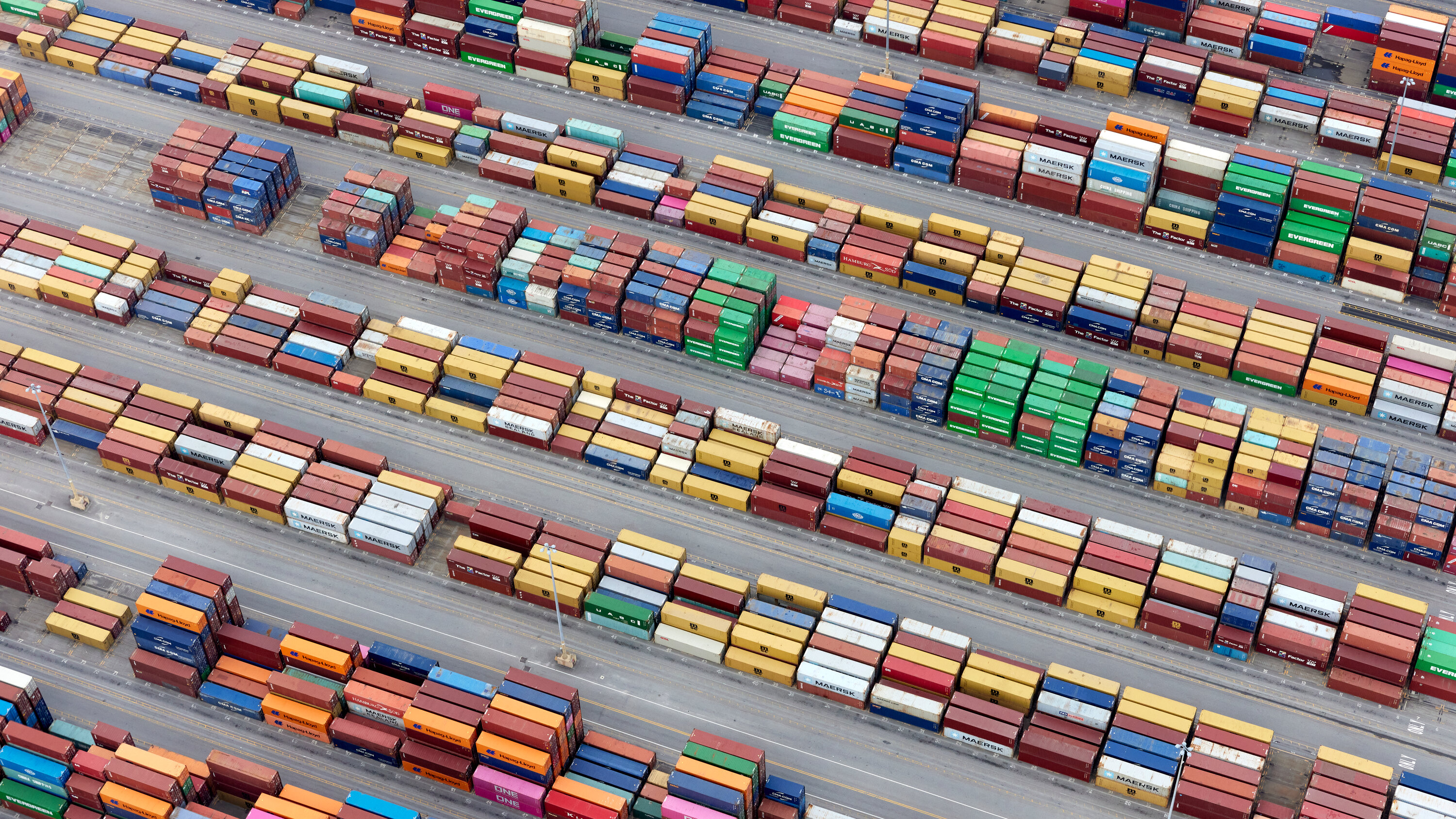 Us Ambassadors Statement On Canada Tariffs Partial Removal Possible
May 12, 2025
Us Ambassadors Statement On Canada Tariffs Partial Removal Possible
May 12, 2025 -
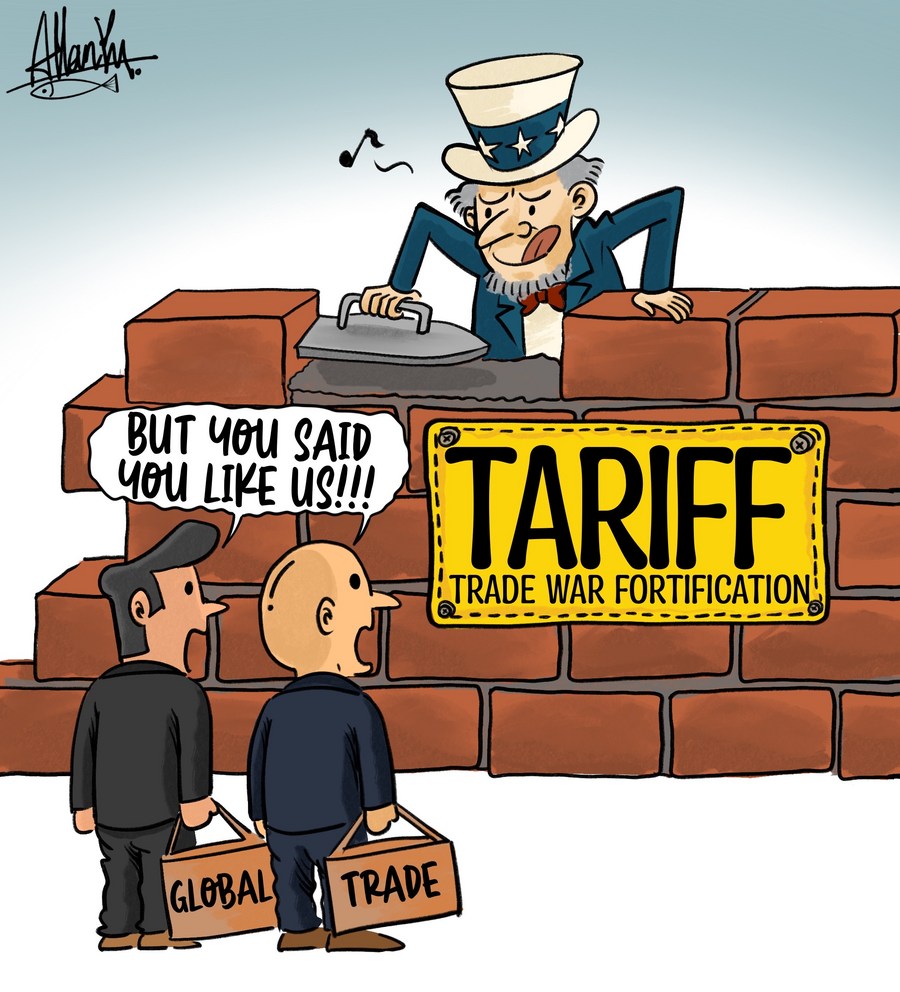 The Trump Tariff Impact Toyotas Heavy Burden Compared To Other Automakers
May 12, 2025
The Trump Tariff Impact Toyotas Heavy Burden Compared To Other Automakers
May 12, 2025 -
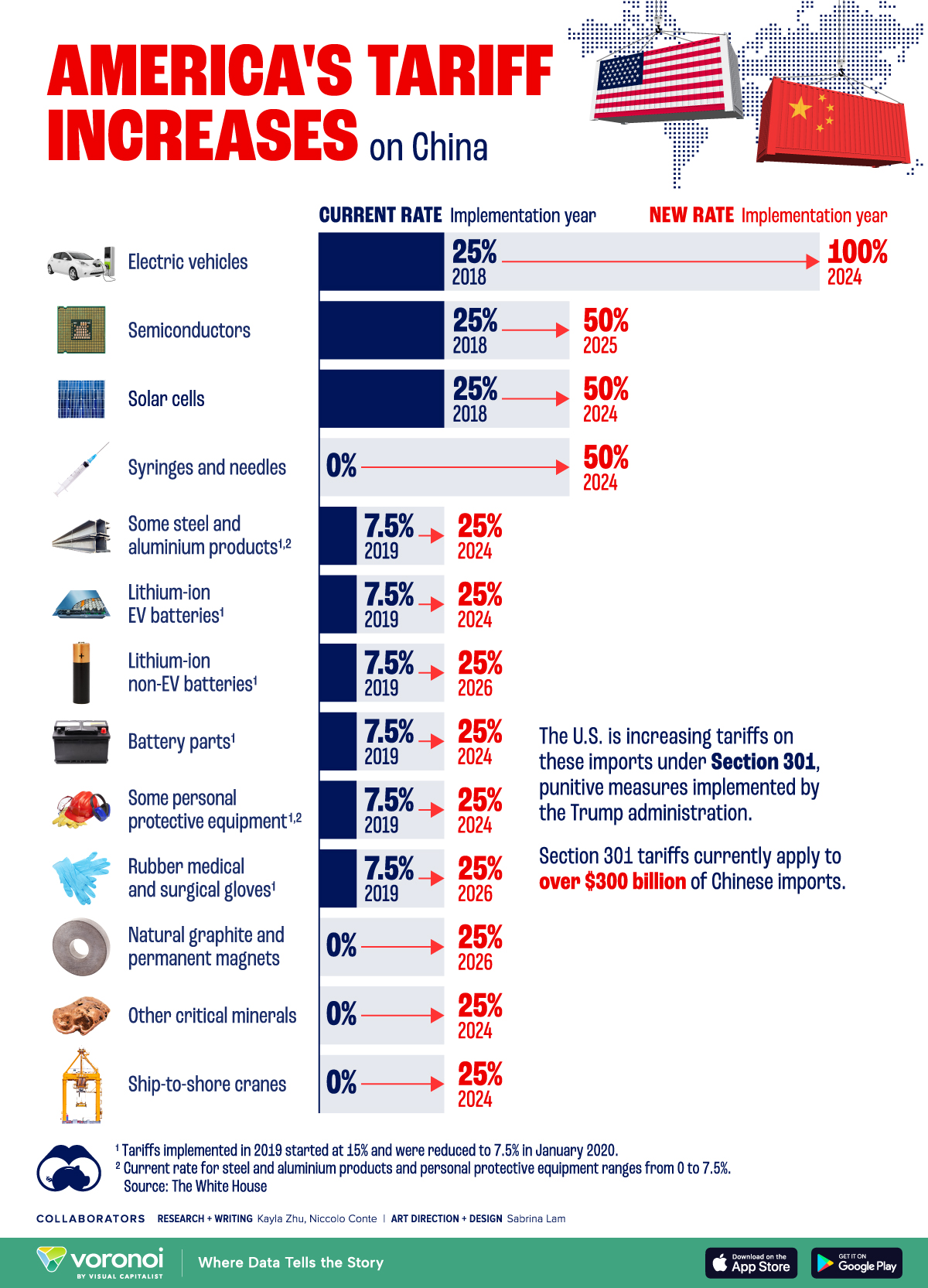 Canada Tariffs Us Ambassador Casts Doubt On Complete Removal
May 12, 2025
Canada Tariffs Us Ambassador Casts Doubt On Complete Removal
May 12, 2025 -
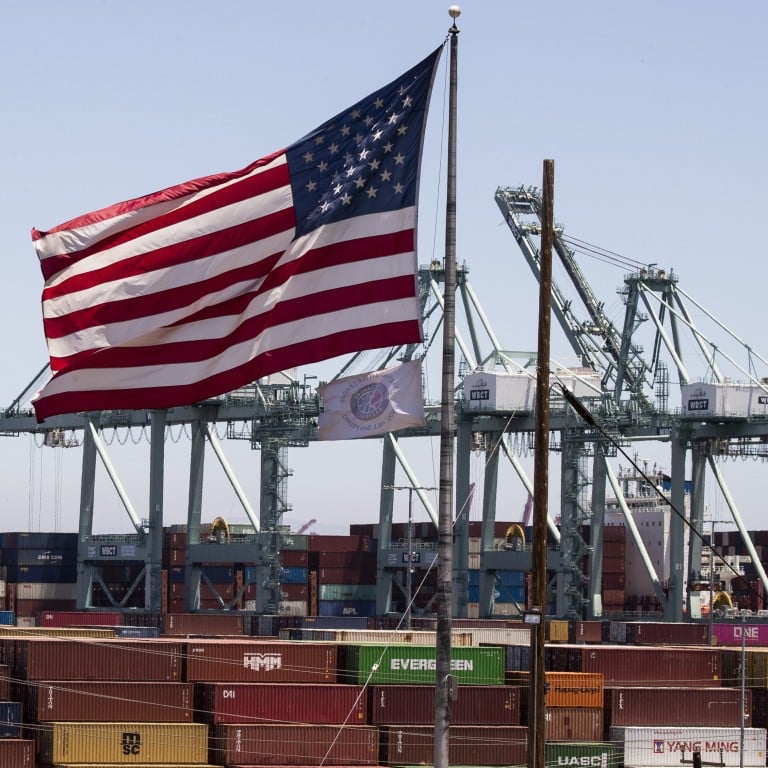 Analysis Toyotas Substantial Losses Due To Trump Era Tariffs
May 12, 2025
Analysis Toyotas Substantial Losses Due To Trump Era Tariffs
May 12, 2025 -
 Trump Tariffs How Toyota Faced The Most Significant Losses
May 12, 2025
Trump Tariffs How Toyota Faced The Most Significant Losses
May 12, 2025
